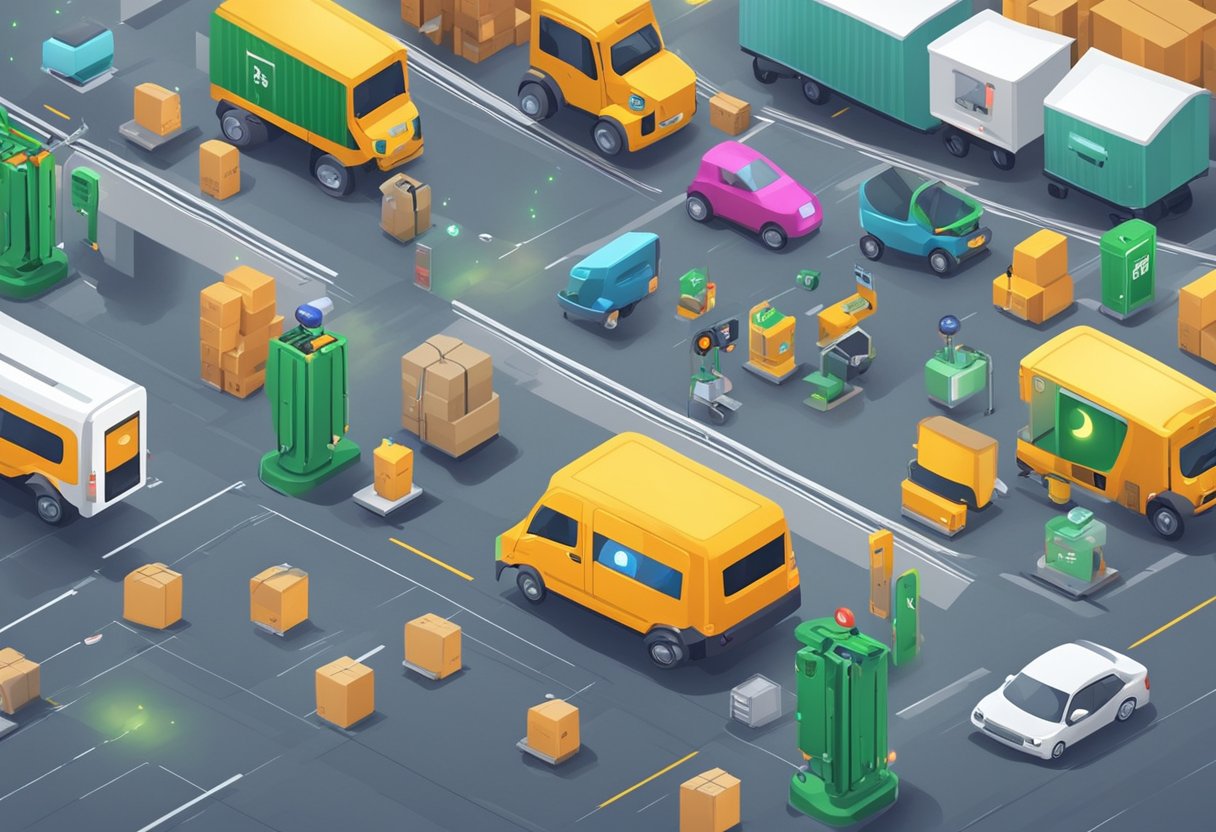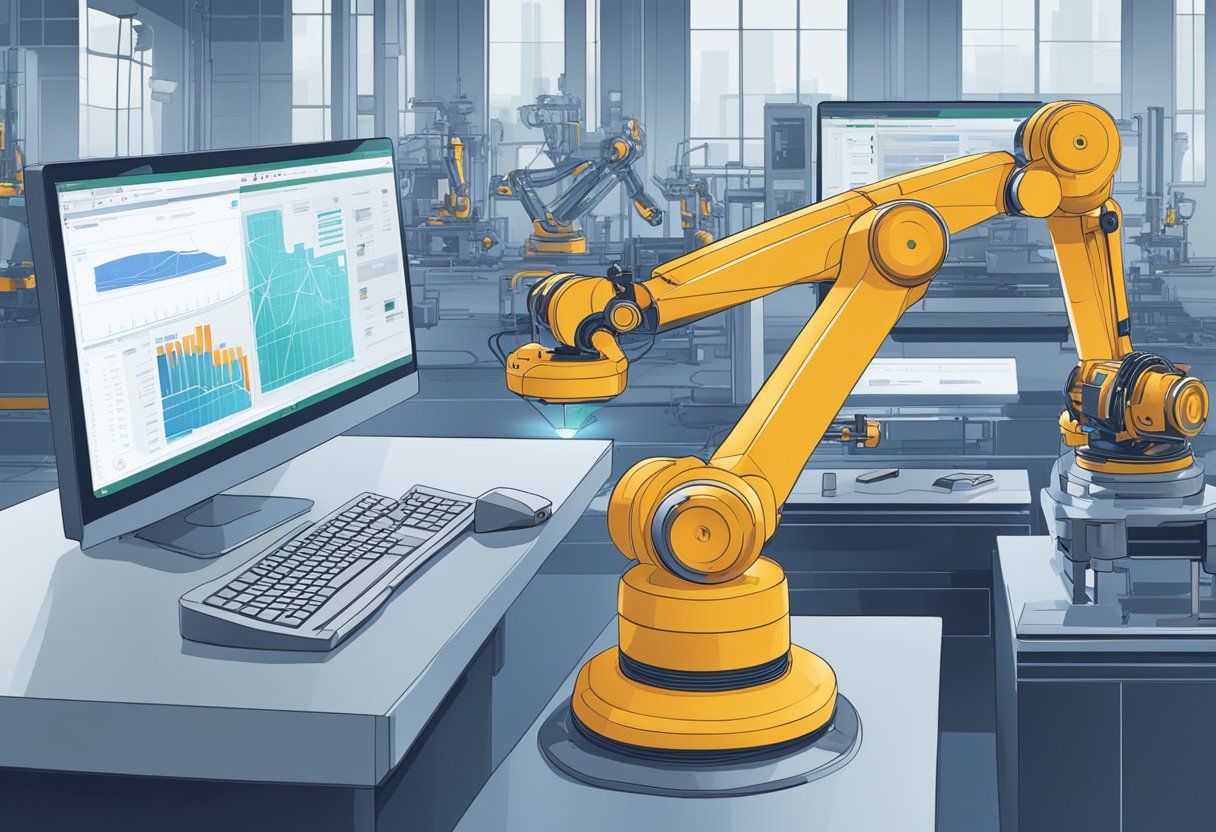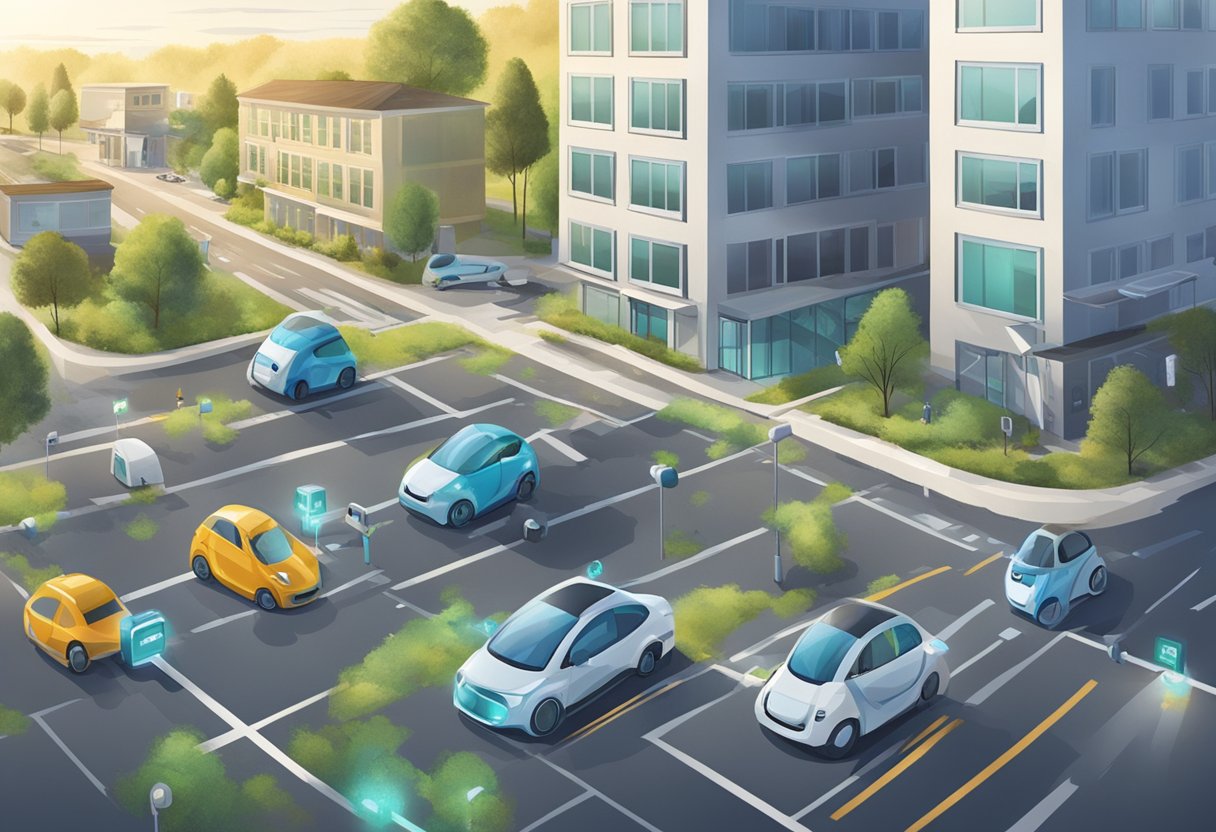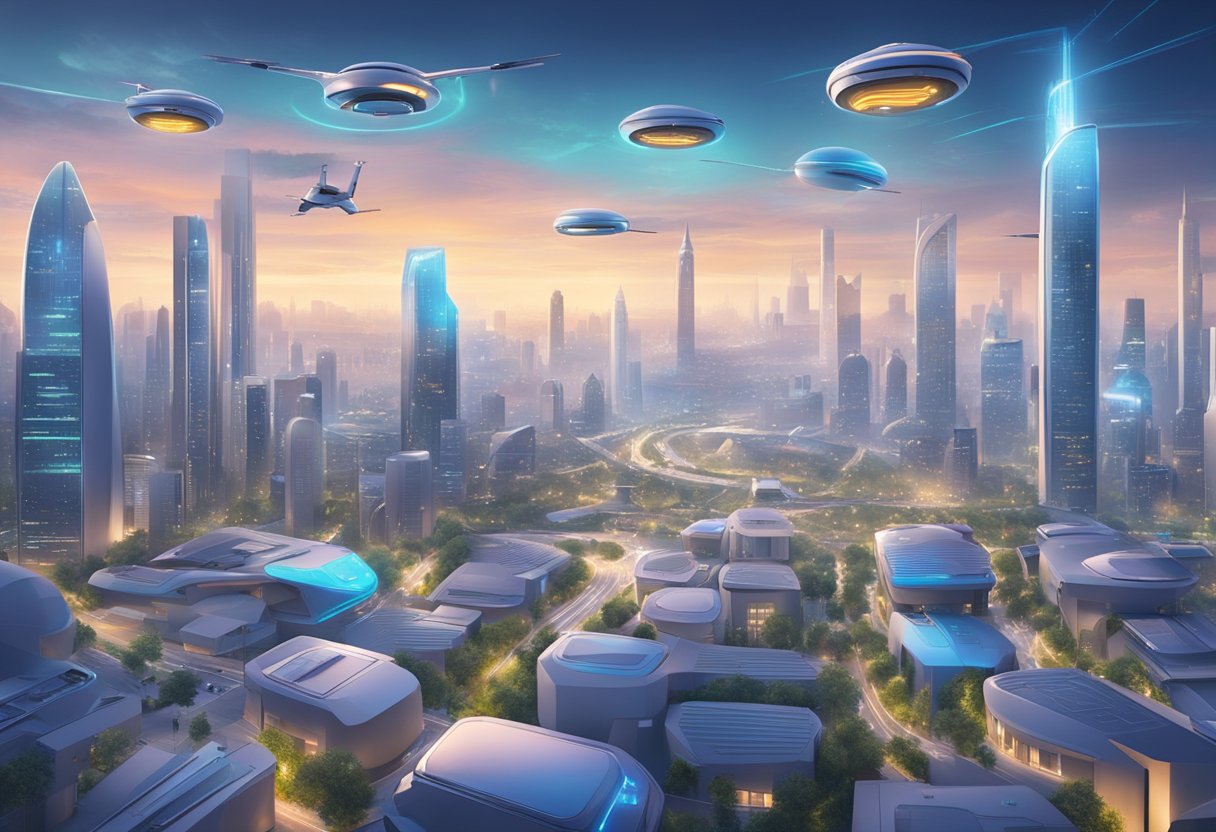Artificial Intelligence (AI) is swiftly becoming an integral part of the world as we know it, influencing diverse aspects of daily life. Its growth has revolutionized how routine tasks are approached, enabling both machines and systems to operate with remarkable efficiency and intelligence. From smart assistants in our homes to predictive text and facial recognition on our phones, AI technologies are becoming more woven into the fabric of everyday experiences.
The workplace, too, has seen transformative effects from AI, with algorithms optimizing business processes and aiding in data analysis, leading to more informed decision-making. Moreover, AI has initiated an important discourse on its social and ethical implications, as the line between human and machine responsibilities blurs. The continuous advancement of AI promises a future where its applications could redefine human interaction, augment reality, and open avenues for innovation across all sectors.
Key Takeaways
- AI is reshaping routine life through smart technology and predictive systems.
- It’s enhancing workplace efficiency and decision-making with advanced algorithms.
- AI’s evolution prompts reflection on social ethics and forecasts future innovation.
AI in Daily Life
Artificial Intelligence (AI) is intricately woven into the fabric of daily existence, from optimizing the way people travel to personalizing medical treatments, reshaping education, and stirring creativity.
Transforming Transportation
AI technology is steering a revolution in transportation with autonomous vehicles and advanced sensors paving the way for safer and more efficient roads. Companies are deploying AI to optimize traffic flow, and major car manufacturers are integrating automation to create cars that can park themselves and even drive autonomously.
Revolutionizing Healthcare
AI’s role in healthcare goes beyond patient care; it’s a game-changer in cancer detection and drug discovery. Machine learning algorithms sift through vast datasets to identify potential treatments with speed and accuracy previously unseen. AI-driven platforms are assisting doctors by providing second opinions and reducing diagnostic errors.
Enhancing Education
In education, AI is the backbone of personalized learning. Platforms like Khan Academy use AI to tailor educational content, while E-learning solutions apply machine learning to understand student performance, making education more accessible and engaging.
The Influence on Creative Industries
AI doesn’t shy away from the arts. Generative AI is creating new waves in art and music, while platforms like Spotify use AI to curate personalized entertainment experiences. By analyzing consumer behavior, AI is not just influencing what people listen to but also how they interact with content across the entertainment spectrum.
AI at Work
In our digital epoch, the workplace landscape is ever-evolving with AI being a key player in shaping contemporary and future work narratives. They witness AI driven shifts primarily in efficiency and job paradigms, intricate business and financial decision-making, and groundbreaking strides in various research domains.
Automation and Job Dynamics
AI’s impact on work and productivity is profound, particularly in automation where tasks are swiftly assigned to intelligent bots. In manufacturing, the transition often leans heavily on these bots to increase production throughput while maintaining high precision levels. Companies nowadays are looking into AI-driven solutions for hiring, leveraging algorithms to sift through applications, which raises intriguing discussions about the changing dynamics of the job market.
AI in Business and Finance
When one looks at the finance sector, AI is a game-changer. Sophisticated algorithms analyze immense datasets to forecast market trends, manage risk, and even provide personal financial advice. This has led to an increase in productivity and has significantly changed the way companies approach business strategies. Major financial institutions use AI to automate complex processes and aid in pivotal decision-making, often resulting in more streamlined operations.
Advancements in Research and Engineering
In the realm of research and engineering, AI is breaking barriers across disciplines, fostering interdisciplinary research in untapped fields. Computer science has been a traditional bastion for AI, but now engineers and researchers employ AI tools to solve complex problems more effectively than ever before. AI helps in simulating experiments, crunching data, and theorizing solutions that push the bounds of innovation. OpenAI, among others, champions these advancements, catalyzing significant progress in the way research is conducted.
Social and Ethical Implications
Artificial Intelligence (AI) technology is rapidly progressing, bringing with it a host of social and ethical implications that affect equity, privacy, and the sustainability of our ecosystem. It’s vital to scrutinize these impacts to harness AI responsibly.
Addressing Bias and Discrimination
AI systems often reflect the biases present in their training data, leading to discrimination in sectors like job recruitment and law enforcement. Society holds a responsibility to develop AI that promotes equity, ensuring algorithms are as unbiased as possible. Efforts like AI ethics reviews emphasize the importance of scrutinizing data and algorithms for signs of prejudice.
Privacy, Security, and Regulation
As AI integrates deeper into daily life, concerns about privacy and cybersecurity surge. Unauthorized access to AI systems can lead to breaches, necessitating stringent regulation. Congress and other entities work towards policies that balance innovation with data protection, aiming for secure, ethical AI deployment.
Sustainable AI and Climate Action
AI possesses the power to fight climate change and promote sustainability. Energy-efficient and green technologies drive this aspiration, with AI being leveraged to optimize resource use and reduce emissions. On the other hand, the energy demands of AI systems themselves come under scrutiny, and there is a push towards developing more sustainable AI practices to minimize their environmental footprint.
Emerging Technologies and Future Trends
Advancements in artificial intelligence are revolutionizing nearly every aspect of life, from the way they conduct business to the way they tackle complex global issues. Here’s how emerging technologies and AI trends are shaping the future.
Next-Generation AI and Machine Intelligence
The evolution of deep learning technologies paves the way for next-generation AI, ushering in an era of more sophisticated machine intelligence. From advanced predictive maintenance in manufacturing to elevating customer experience, AI systems are getting sharper at understanding context and executing tasks. Companies and governments alike are ramping up funding to support innovation in this space, recognizing the potential it holds for competitive advantage and problem-solving.
Intersecting AI with Other Fields
When AI intersects with fields like big data and the Internet of Things (IoT), the synergy creates powerful new applications. For instance, in healthcare, combining AI with biotechnology leads to personalized medicine and more accurate diagnostics. In urban planning, AI and IoT integration contribute to smarter, more efficient cities—a concept deeply rooted in interdisciplinary cooperation, which is critical for addressing complex challenges.
Global AI Perspectives
Different regions are adopting and investing in AI at varying paces. In North America, there’s a significant push toward autonomous vehicles and AI in entertainment. Meanwhile, Europe focuses on AI ethics and regulation. Latin America may be seen as an emerging player, but it’s making noticeable strides in using AI for agricultural and societal development. This patchwork of global efforts highlights not just the innovation but also the global impact AI is poised to have in shaping the future.




